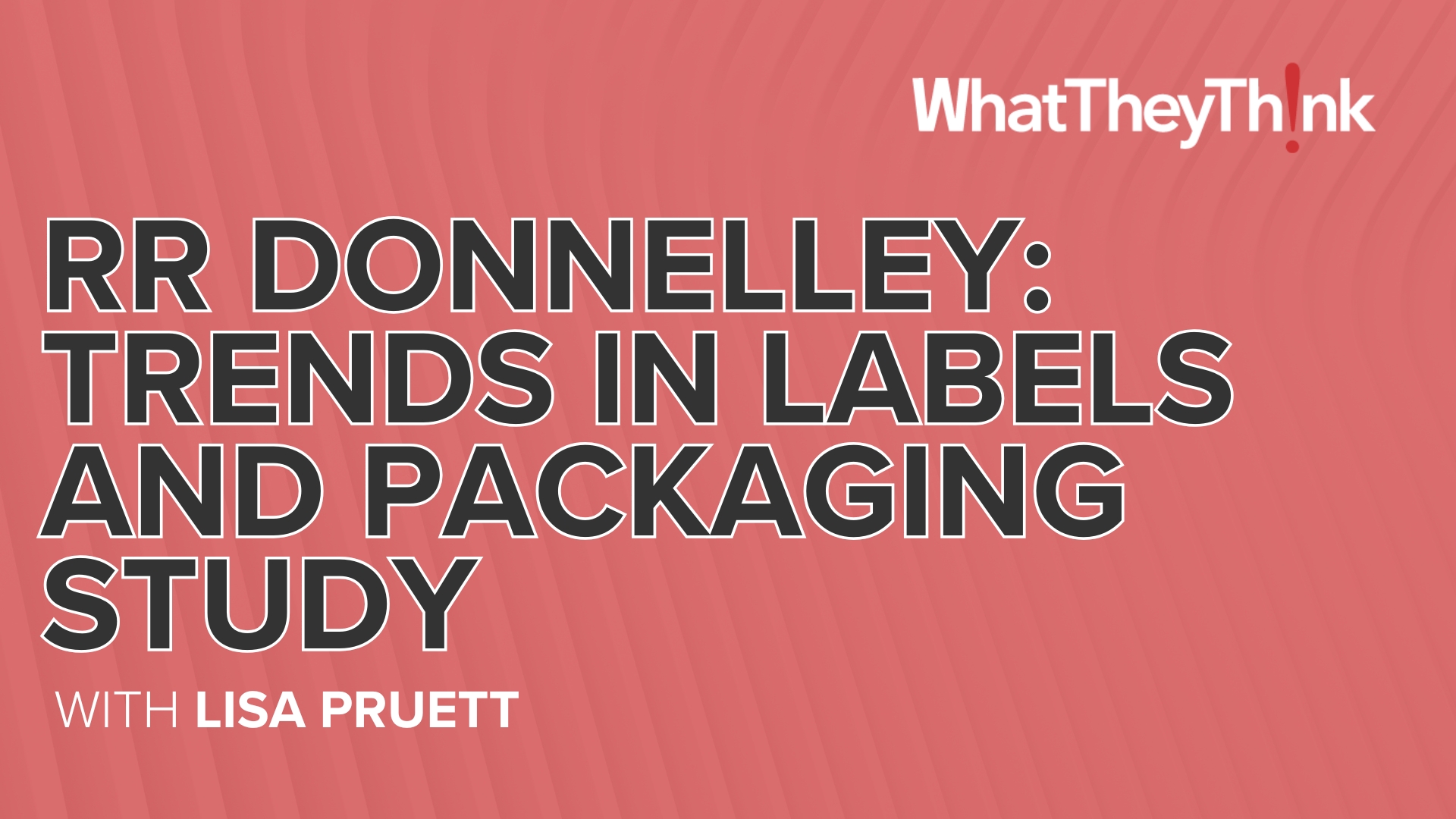Adopting d2w Biodegradable Technology Is a Crucial Step to Reduce Plastic Pollution
Press release from the issuing company
This is the ONLY way to prevent plastic which has escaped into the environment from accumulating there for decades. Alternatives like compostable plastic do not address the problem because they have to be collected and taken to a man-made composting facility, where they convert into CO2.
With so many people now looking to live a more sustainable life, consumers are taking steps to help protect the environment. However, with new initiatives being introduced at a rapid rate, it can get confusing. For example, it’s easy to pick up a product and see one labelled ‘biodegradable’ and another ‘compostable’ and think they are the same thing. While both terms are often used interchangeably, they are not the same.
Symphony Environmental, a company at the forefront of environmental packaging technology, says that while compostable plastics are often thought to be a good option for the environment, in reality this is not the case. Now there is a strong push for sustainability among consumers it is important that consumers and brands know the difference between the two, and understand that d2w biodegradable plastics are much better for the environment.
Michael Laurier, CEO of Symphony, said: “The problem with plastic is that a lot of it gets into the open environment, where it creates persistent microplastics. Therefore, it is important to make plastic so that it biodegrades much more quickly at the end of its useful life. Plastic products can made with our d2w technology at little or no extra cost and will convert rapidly at end of life into biodegradable materials, anywhere on the planet so long as oxygen is available. They are then consumed by micro-organisms like fungi and bacteria in a quick and safe manner and are assimilated back into the natural environment. Sunlight and heat will accelerate the process, but d2w plastic will biodegrade much more quickly, even in cold dark conditions, than ordinary plastic in the same place.
However, the same cannot be said for plastics marketed as “compostable” because they are designed to biodegrade under specific, human-driven conditions, mainly in industrial composting facilities. This means unlike d2w biodegradation, which is a natural process, composting involves human intervention. Also the “compostable” plastic will not turn into compost but rather into CO2, causing more harm to the environment.
Laurier continued: “Selecting d2w biodegradable materials can be a great way to tackle these problems and work towards a more sustainable future. Everything made with polyethylene or polypropylene, from grocery bags to food packaging and takeout containers can be made with d2w.”
“Plastic has recently been taboo among eco-warriors, but it would be a mistake to ban plastic products, which are very often the best material for the job. Instead, the advancement of technology has allowed for plastic to be environmentally sustainable. There are many ways to deal with plastic once its useful life has ended but d2w is the ONLY way to prevent plastic which has escaped into the environment from accumulating there for decades.” concluded Laurier.
- Questions to ask about inkjet for corrugated packaging
- Can Chinese OEMs challenge Western manufacturers?
- The #1 Question When Selling Inkjet
- Integrator perspective on Konica Minolta printheads
- Surfing the Waves of Inkjet
- Kyocera Nixka talks inkjet integration trends
- B2B Customer Tours
- Keeping Inkjet Tickled Pink
© 2024 WhatTheyThink. All Rights Reserved.














